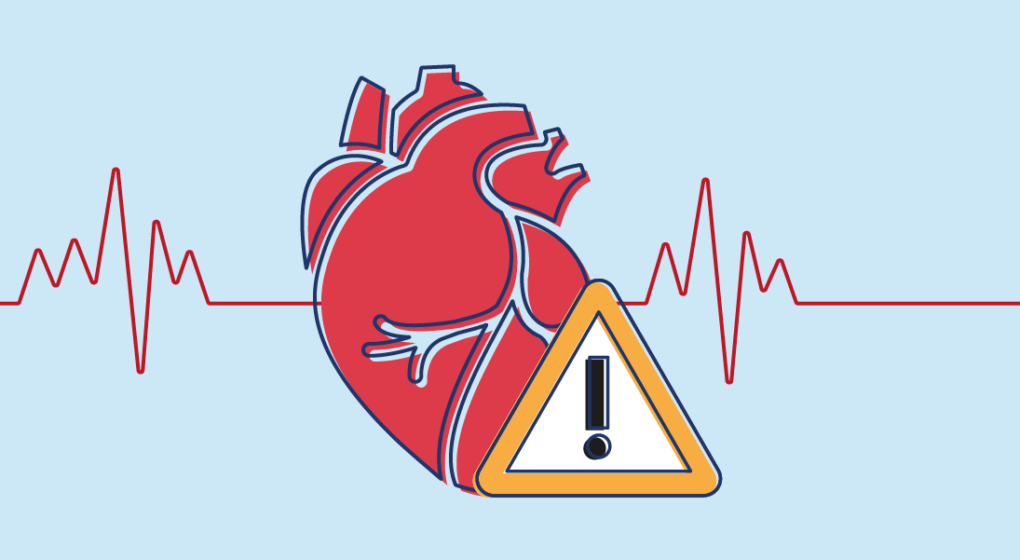Quantifying Consumption: How Many Pounds of Food Can a Person Eat?
The quantity of food an individual can consume in a single sitting or over the course of a day is a topic that intrigues many. People often wonder about the limits of their stomach capacity and how much they can comfortably eat without feeling overwhelmed. In this article, we delve into the fascinating world of food consumption, exploring the factors that influence how many pounds of food a person can eat, the concept of stomach capacity, and the implications for health and well-being.
1. Understanding Stomach Capacity

Stomach Capacity
1.1 The Role of the Stomach:
The stomach is a muscular organ that plays a central role in digestion, breaking down food into smaller particles for absorption and processing.
1.2 Stretching and Sensation:
The stomach's ability to expand allows individuals to consume larger quantities of food, leading to the sensation of fullness.
2. Factors Influencing Food Consumption
2.1 Individual Variability:
The amount of food a person can eat varies widely based on factors like age, gender, metabolism, and physical activity level.
2.2 Meal Composition:
The types of foods consumed, such as high-fiber or high-water-content items, can affect how much a person can comfortably eat.
2.3 Hormonal Regulation:
Hormones like ghrelin and leptin play roles in appetite regulation, influencing feelings of hunger and fullness.
3. Estimating Food Weight and Volume

Food Weight
3.1 Portion Sizes:
Portion sizes are commonly measured in ounces or grams, providing a standardized way to estimate the weight of food items.
3.2 Visual Comparisons:
Visual cues, such as comparing a portion to everyday objects like a deck of cards, offer a practical approach to understanding portion sizes.
4. Exploring Food Quantity
4.1 Caloric Content:
Food calories can vary significantly, influencing the quantity of food a person can consume to meet their caloric needs.
4.2 Average Consumption:
On average, individuals consume around 3 to 4 pounds of food per day, including meals and snacks.
5. Implications for Health
5.1 Balanced Eating Patterns:
Focusing on nutrient-dense foods and balanced meals allows individuals to satisfy hunger and meet nutritional needs.
5.2 Mindful Eating:
Practicing mindful eating involves tuning into hunger and fullness cues to prevent overeating and foster a healthier relationship with food.
6. Understanding Overeating and Health Risks

Health Risks
6.1 Overindulgence Consequences:
Consuming excessive amounts of food can lead to discomfort, indigestion, and potential long-term health risks.
6.2 Chronic Overeating:
Consistently overeating beyond one's caloric needs can contribute to weight gain, obesity, and associated health conditions.
7. Cultural and Social Influences
7.1 Cultural Norms:
Cultural traditions and social norms can impact portion sizes and eating behaviors, shaping individuals' perceptions of how much to eat.
7.2 External Factors:
Food advertising, portion sizes in restaurants, and convenience foods can influence individuals to consume larger quantities of food.
8. Creating a Healthy Relationship with Food
8.1 Listening to Signals:
Paying attention to hunger and fullness cues allows individuals to tune into their body's needs and eat in alignment with their appetite.
8.3 Moderation and Enjoyment:
Moderation and savoring meals promote a positive eating experience and foster a healthier relationship with food.
The question of how many pounds of food a person can eat encompasses a complex interplay of physiological, psychological, and cultural factors. Stomach capacity, individual variability, and meal composition all contribute to determining an individual's limits when it comes to food consumption. Embracing mindful eating, understanding portion sizes, and making informed dietary choices are key components of maintaining a balanced and healthy relationship with food. While it's important to be mindful of the quantity we consume, the focus should ultimately be on nourishing our bodies, appreciating the joys of food, and cultivating a sustainable approach to eating for overall well-being.